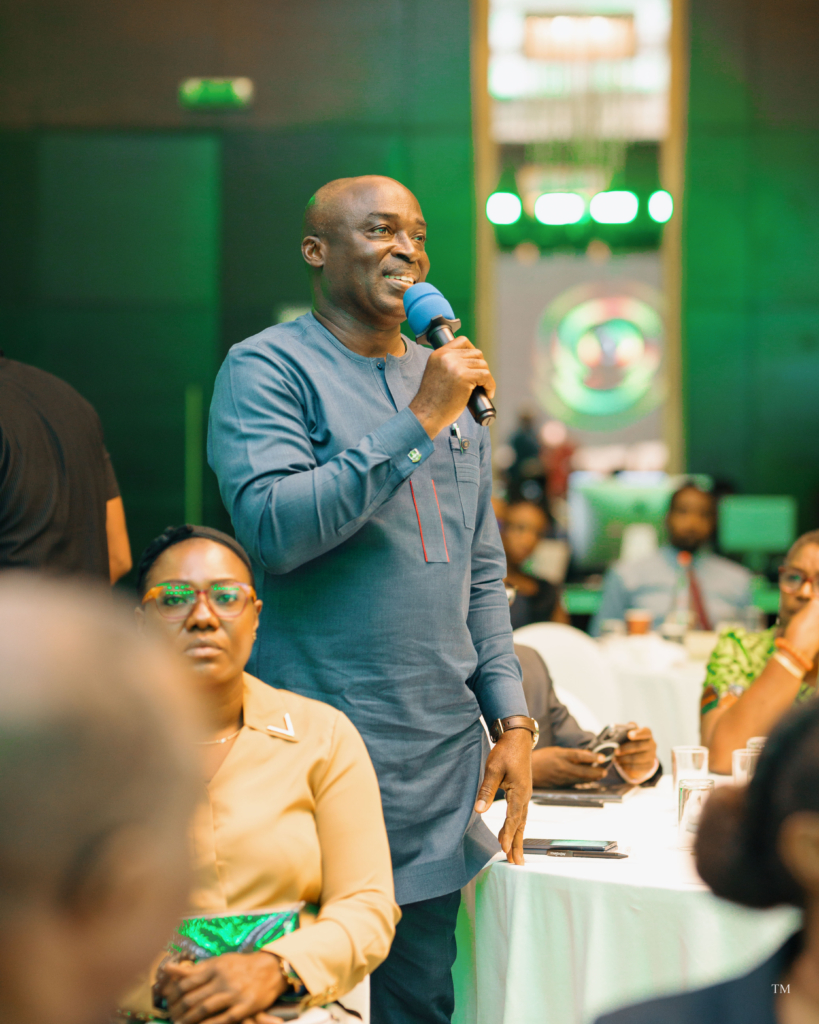
Professional services firm Deloitte is urging the government to maintain fiscal discipline by continuing reforms in revenue mobilisation and expenditure management.
It wants the government to focus on accelerating sectoral diversification, particularly in high-growth areas such as ICT, finance, and agriculture, while addressing constraints in industry and energy.
According to the firm, this will be essential for inclusive and sustainable growth.
In its analysis of the 2026 National Budget, Deloitte said strengthening external resilience through enhanced export competitiveness and prudent borrowing will safeguard macroeconomic stability.
In addition, sustained investment in human capital and social infrastructure will support productivity, innovation, and equitable development, ensuring that economic gains translate into improved living standards for all citizens.
The 2026 Budget Statement demonstrated Ghana’s commitment to leveraging the improved macroeconomic stability achieved in 2025 to pursue transformational growth and job creation.
The relatively stronger macroeconomic fundamentals (inflation, Gross Domestic Product, exchange rates and interest rates) posted in 2025 highlight the effectiveness of recent policy interventions around fiscal discipline and are expected to renew and boost confidence in the country’s economic prospects.

Fiscal Consolidation Remains Central to Government Strategy
Deloitte said fiscal consolidation remains central to the government’s strategy, as seen in the sharp reduction of the budget deficit and the achievement of a primary surplus. “These improvements are underpinned by enhanced revenue mobilisation, tighter spending controls, and ongoing reforms in the public financial management”.
The professional services firm said maintaining a primary surplus and further narrowing the deficit will be crucial for debt sustainability and macroeconomic credibility. “Inflation management has also been effective, with rates declining sharply in 2025 due to fiscal and monetary discipline, ultimately restoring purchasing power and stabilising the macroeconomic environment”.
Nevertheless, it stressed that continued vigilance is required to mitigate risks from external shocks and supply chain disruptions.

Recovery of Gross International Reserves
Deloitte also pointed out that the recovery of gross international reserves, following a period of depletion, is another positive development.
“The 2026 target of maintaining at least 3.0 months of import cover is prudent and will help anchor investor confidence and currency stability. However, further efforts are needed to strengthen external buffers through export growth and prudent external borrowing”.
Given that Ghana’s reserves have been majorly anchored by gold production and favourable gold price developments in 2025, the professional services advised that it will be prudent for the government to consider measures to mitigate the adverse impact of potential downside risks, such as declining gold prices in 2026.



